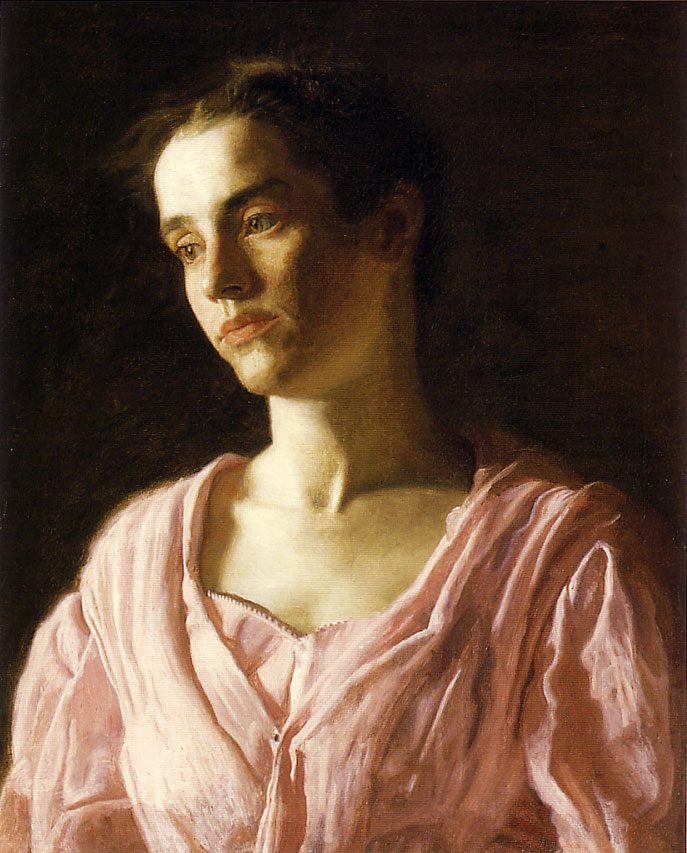The enduring emphasis of skill in the educational system emphasizes two kinds of thinking, while neglecting a third kind.
Skill is closely related to know-how, or technical knowledge, and to analytical, or scientific, knowledge. The former is repetitive and performative, in that a skill is repeated in order to produce the same result.
Scientific knowledge seeks to explain or predict; it can do no more. For example, many children are prodigies with mathematics or music, in that they have acquired the skill to repeat notes or numerical patterns.
Their expertise, or skill, is marvelous to witness – but no one turns to them for guidance on issues of freedom, individuality, or responsible government. Why? Because we know that skills are not higher-level thinking.
In the same way, a physicist understands fully how to establish models that can test natural laws and predict what nature may or may not do – but we do not consult this person about matters pertaining to the good society, or love. Why? Because physics is analytical and cannot be used to understand goodness or love.
Despite these obvious handicaps in scientific and technical knowledge, we still demand that higher education worry only about training workers. While everyone is functioning smoothly in industry – who is looking after the functioning of society?
Perhaps the reason for voter apathy, for example, and low voter turn-out may directly be related to this question.
There is a third kind of knowledge, which may be labeled practical wisdom. It is not technical, explanatory, or predictive. It is concerned with ideals, with formulating judgments and making decisions, and it directly relates to the way we encounter the world around us and the way we participate in society.
In other words, there is a specific kind of thinking which directly relates to the good society. Practical wisdom is about ideals. Life is always greater than tangible, material things.
Indeed, what is more important to human beings – happiness or skill? To worry about skills is to desire to become a robot. To worry about happiness is to understand our humanity – because to be happy each of us must reflect upon what truth is and what goodness is, and each of us must create meaning in our lives.
Skills can do neither of these things. To be happy, to have meaning and value, we need to think critically, in the true sense of the term.
